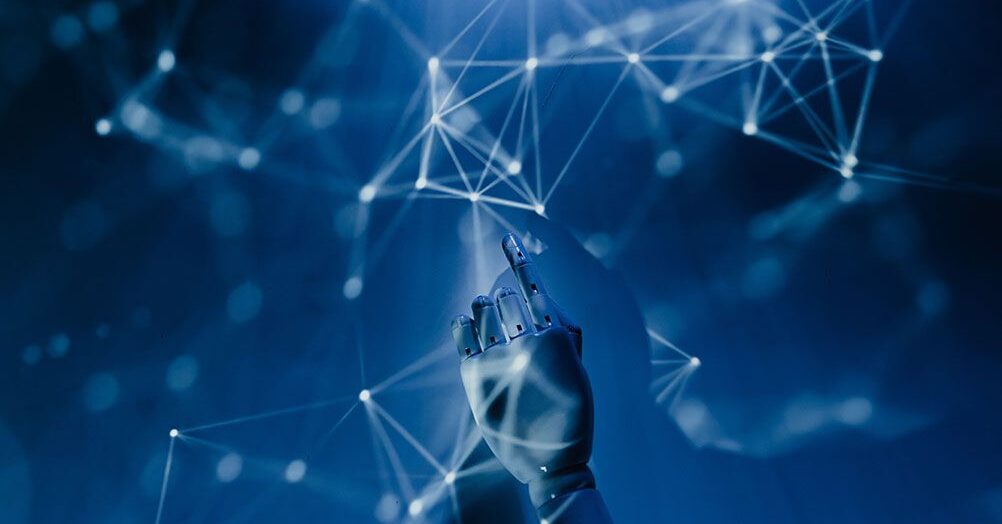Introduction
Artificial Intelligence (AI) has swiftly transitioned from science fiction to reality, and its influence is becoming more pronounced across various industries. As AI technologies continue to evolve and advance, the implications for different sectors are profound. From healthcare to finance, manufacturing to entertainment, AI is poised to reshape the way we live and work. In this article, we’ll explore how AI is expected to affect a range of industries and the transformative potential it holds.
- Healthcare
The healthcare industry stands to benefit immensely from AI’s capabilities. From diagnostic assistance to personalized treatment plans, AI-powered algorithms can process vast amounts of medical data to identify patterns and correlations that might elude human observation. Predictive analytics can aid in identifying disease outbreaks, while AI-powered robotic surgeries promise enhanced precision and reduced risks. Telemedicine platforms empowered by AI can revolutionize patient care by providing remote diagnostics and consultations.
- Finance
AI has already made significant inroads into the financial sector. Algorithmic trading relies on AI to analyze market data and execute trades at speeds human traders could never achieve. Fraud detection systems can identify anomalous patterns in transactions and flag potential cases of fraud. Chatbots and virtual assistants are transforming customer service, providing instant responses and personalized recommendations. Credit scoring and risk assessment processes are becoming more accurate and efficient through AI-based analysis.
- Manufacturing and Logistics
The manufacturing and logistics industries are experiencing a paradigm shift with the integration of AI. Smart factories leverage AI to optimize production processes, predict equipment failures, and manage inventory levels. Supply chain management benefits from AI-powered predictive analytics that anticipate demand fluctuations and streamline distribution networks. The emergence of autonomous vehicles and drones is set to redefine last-mile delivery and logistics operations.
- Entertainment and Media
AI is revolutionizing the entertainment and media landscape by enabling personalized content recommendations and dynamic content creation. Streaming platforms use AI algorithms to suggest movies, TV shows, and music based on user preferences. In the field of content creation, AI-generated art, music, and literature challenge traditional notions of creativity. Virtual reality (VR) and augmented reality (AR) experiences are enhanced by AI-driven algorithms that adapt to user interactions in real-time.
- Retail
The retail industry is undergoing a transformation with AI-powered innovations. Customer behavior analysis allows retailers to anticipate trends and tailor marketing campaigns to specific demographics. AI chatbots offer seamless customer support, handling queries and assisting in purchases. The integration of AI in brick-and-mortar stores enables cashier-less checkout and real-time inventory management.
- Energy and Environment
AI holds great potential for optimizing energy consumption and promoting sustainability. Smart grids use AI algorithms to balance energy supply and demand, minimizing wastage and reducing costs. AI-powered sensors can monitor environmental parameters and detect pollution in real-time. In climate modeling, AI-driven simulations enhance the accuracy of predictions and enable more effective policy decisions.
Conclusion
As AI continues its rapid evolution, its transformative impact across industries is becoming increasingly evident. From enhancing efficiency and accuracy to unlocking new opportunities for innovation, AI’s potential is vast and promising. While the benefits are substantial, addressing ethical concerns, data privacy, and potential job displacement will be integral to realizing AI’s positive impact on society. As we stand at the intersection of technology and industry, the collaborative efforts of researchers, businesses, and policymakers will shape the trajectory of AI’s influence, ultimately determining how it reshapes our world for the better.
